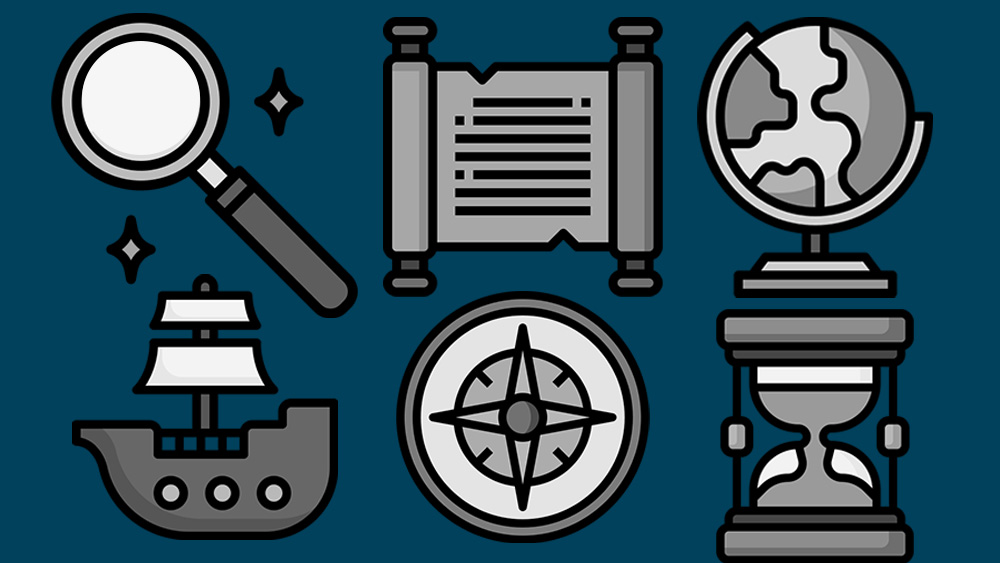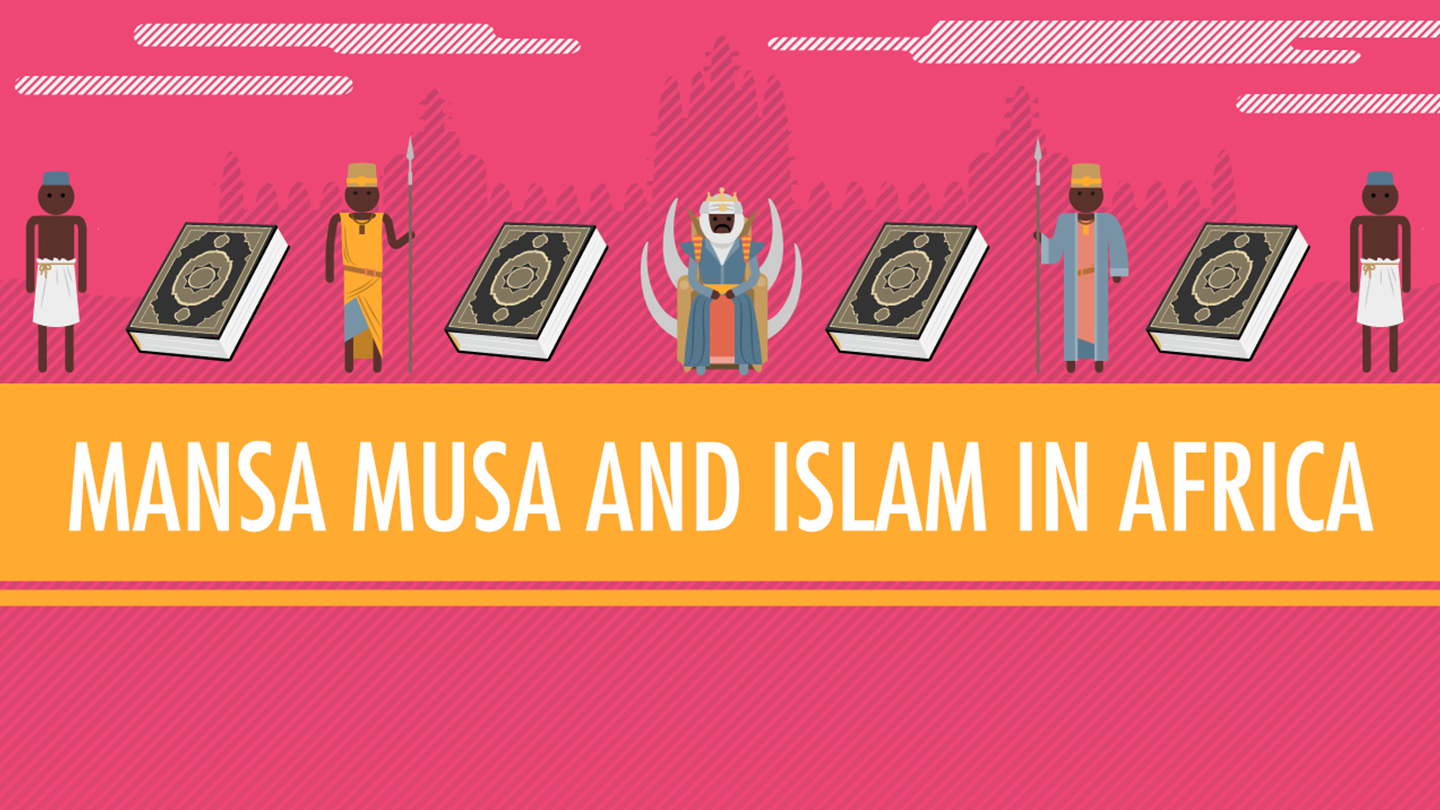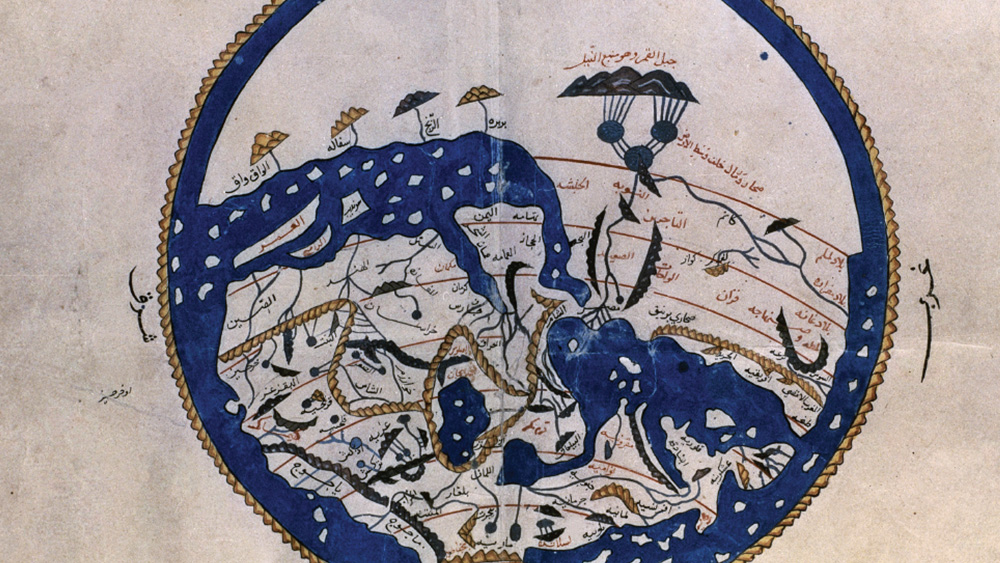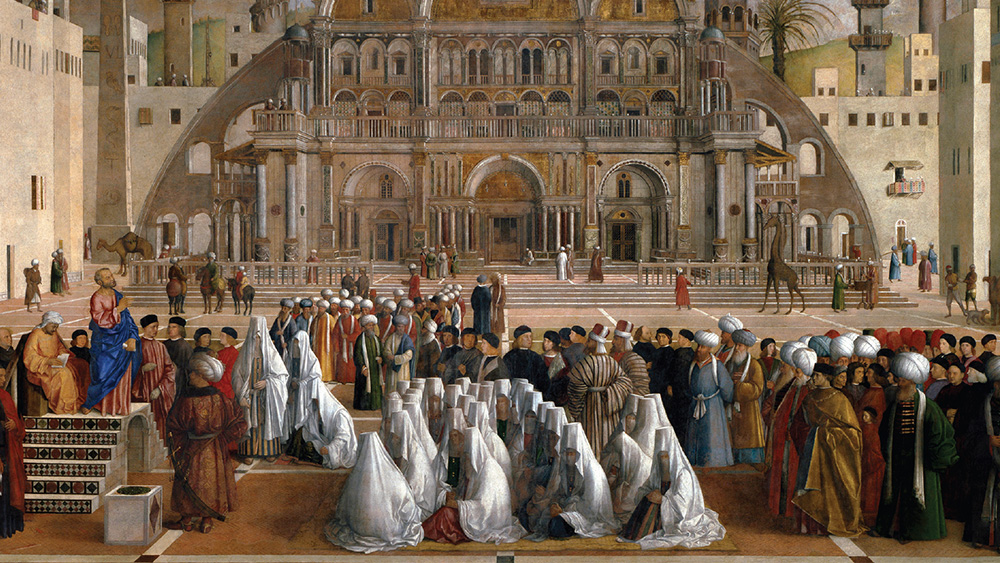Contextualization
No fact exists independently of the circumstances that surround it. When students exercise the skill of contextualization in history, it unlocks the door to move past a superficial understanding of events. These contextualization resources will help them grasp how each piece fits into the bigger picture of world history.

 Teaching This Skill
Teaching This Skill

Contextualization One-Pager
A historical thinking skill that locates events in time and space.

Contextualization Tool
A thinking tool that helps students develop their understanding of contextualization.

Contextualization Feedback Form
Provide specific and detailed feedback to build contextualization skills.

Contextualizing the big stuff: Turning a core competency on its head
Teaching students how to contextualize “the big stuff” in history will help them uncover the connections linking all of us.
Featured Materials
Contextualization: Mansa Musa

Activity
Contextualization: Mansa Musa
An incredibly wealthy ruler, Mansa Musa both shaped and was shaped by historical circumstances. In this activity, you’ll examine Mansa Musa and his world.
Mansa Musa and Islam in Africa: Crash Course World History #16

Video
Mansa Musa and Islam in Africa: Crash Course World History #16
As trade recovered across Afro-Eurasia, new states expanded in parts of Africa. These states exerted influence over Islamic trade networks. History’s wealthiest man provides us a unique window on this period.
Contextualization: Belief Systems

Activity
Contextualization: Belief Systems
Why did long-established belief systems begin to shift in this era? You’ll figure out the answer to this question by using your contextualization skills.
Lessons

Lesson 2.3
Dar al-Islam
Muslim rulers controlled vast territories from West Africa to Indonesia, spreading a faith that united many very different cultures. Studying the Islamic world in this period makes for a perfect introduction to an era of empires.
View Lesson

Lesson 2.5
Cultural Consequences of Connectivity
From 1200 to 1450 CE, Afro-Eurasian exchange networks shaped culture and diffused knowledge. Help students analyze and understand these cultural and intellectual changes.
View Lesson